Mepiryl 4mg Tablet contains Glimepiride, a sulfonylurea-class oral antidiabetic medication. This prescription drug helps lower blood sugar levels in adults with type 2 diabetes mellitus by stimulating insulin release from the pancreas.
Uses
Mepiryl 4mg Tablet is used to manage type 2 diabetes mellitus when diet and exercise alone aren’t sufficient for blood glucose control. It can be prescribed as monotherapy or in combination with metformin or other antidiabetic medications when better glycemic control is needed.
Benefits
- Effectively lowers fasting and postprandial blood glucose levels
- Improves long-term glycemic control (HbA1c)
- Requires once-daily dosing for better compliance
- Reduces risk of diabetes-related complications
- More affordable than many newer antidiabetic agents
- Can be combined with other diabetes medications
- Begins working relatively quickly
- May help preserve pancreatic beta-cell function
- Well-established safety profile with decades of clinical use
How It Works
Glimepiride works by binding to specific receptors on pancreatic beta cells, stimulating insulin release. It also increases tissue sensitivity to insulin, enhancing glucose uptake in peripheral tissues. This dual mechanism helps reduce blood glucose levels throughout the day.
Dosage
| Patient Type | Starting Dosage | Maximum Daily Dosage |
|---|
| Standard | 1-2 mg once daily | 8 mg once daily |
| Elderly | 1 mg once daily | 4 mg once daily |
Take Mepiryl with the first main meal of the day. Dosage adjustments should be made gradually based on blood glucose monitoring results.
Duration of Action
Mepiryl begins lowering blood glucose within 1 hour of administration. Its peak effect occurs at 2-3 hours, and the action lasts for approximately 24 hours, allowing once-daily dosing. Maximum therapeutic effects on HbA1c levels may take 1-2 weeks to become fully evident.
Side Effects
The most common side effect is hypoglycemia (low blood sugar). Other possible side effects include weight gain, skin reactions, nausea, and digestive discomfort. Rarely, patients may experience dizziness, headache, or visual disturbances. Severe allergic reactions are uncommon but require immediate medical attention.
Warning
Hypoglycemia can be serious, especially in elderly patients, those with kidney or liver impairment, or during intense exercise. Always carry a quick source of sugar. Alcohol consumption increases hypoglycemia risk. Regular blood glucose monitoring is essential. Discontinue before major surgical procedures.
Pregnancy and Breastfeeding
Mepiryl is not recommended during pregnancy as it may cross the placenta and cause neonatal hypoglycemia. Insulin is the preferred treatment for diabetes during pregnancy. Glimepiride passes into breast milk, so it’s not recommended during breastfeeding. Alternative treatments should be considered.
Interaction
- May increase risk of hypoglycemia when combined with other antidiabetics
- Effectiveness reduced by corticosteroids, thyroid medications, and diuretics
- Enhanced hypoglycemic effect with alcohol, beta-blockers, and some antibiotics
- NSAIDs may potentiate the blood-glucose-lowering effect
- MAO inhibitors and salicylates may intensify hypoglycemic action
Precaution
Use with caution in patients with kidney or liver impairment. Elderly patients are more susceptible to hypoglycemia and may require lower doses. Regular monitoring of blood glucose and HbA1c is essential. Patients should be educated on recognizing and treating hypoglycemia symptoms. Discontinue and consult doctor if serious allergic reactions occur.
Important Information
Mepiryl is not a substitute for diet and exercise in managing diabetes. Regular meals and consistent carbohydrate intake help prevent hypoglycemia. Always carry identification indicating diabetes diagnosis. Blood glucose should be monitored regularly. Missed doses should not be doubled; if a dose is missed, take the next scheduled dose as normal.

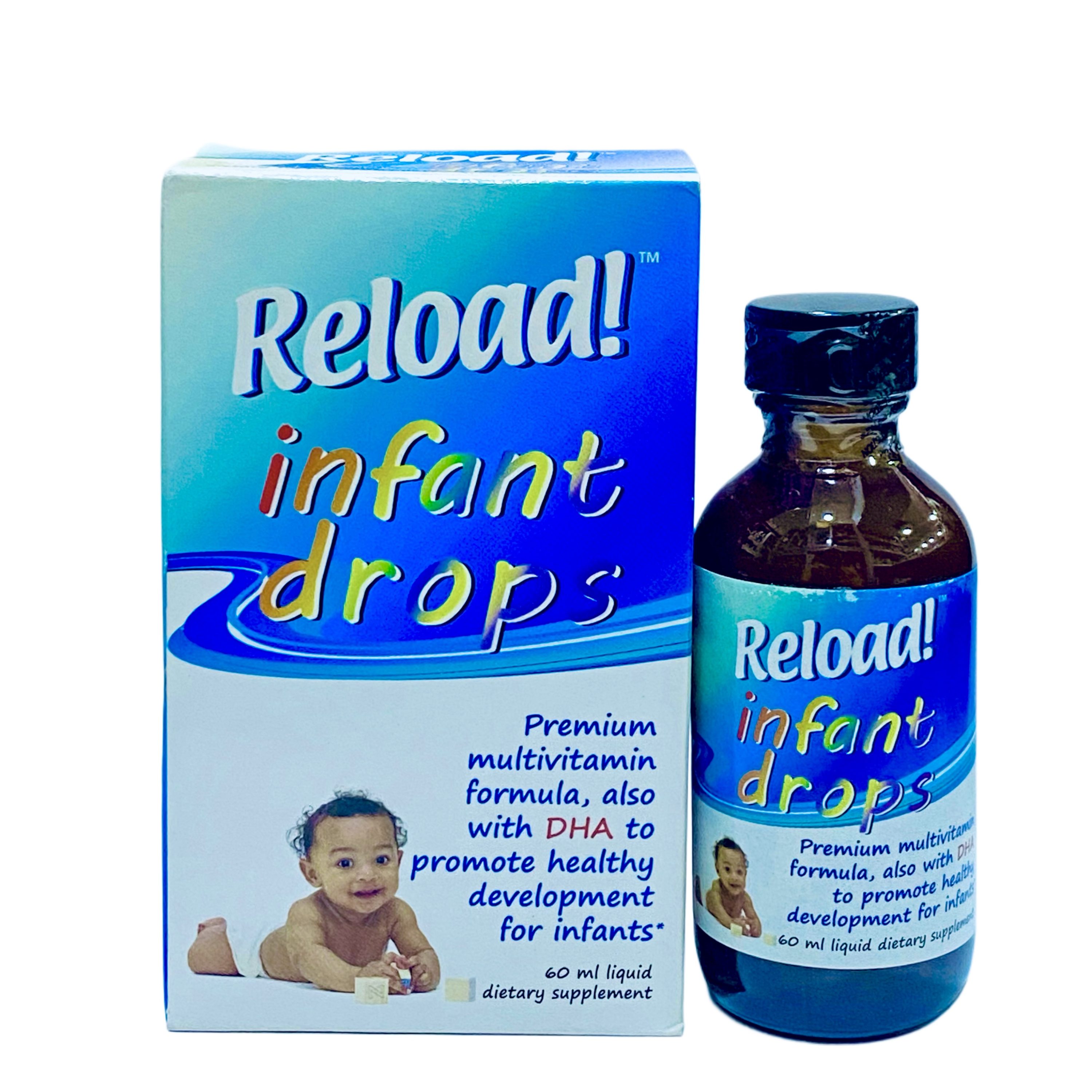


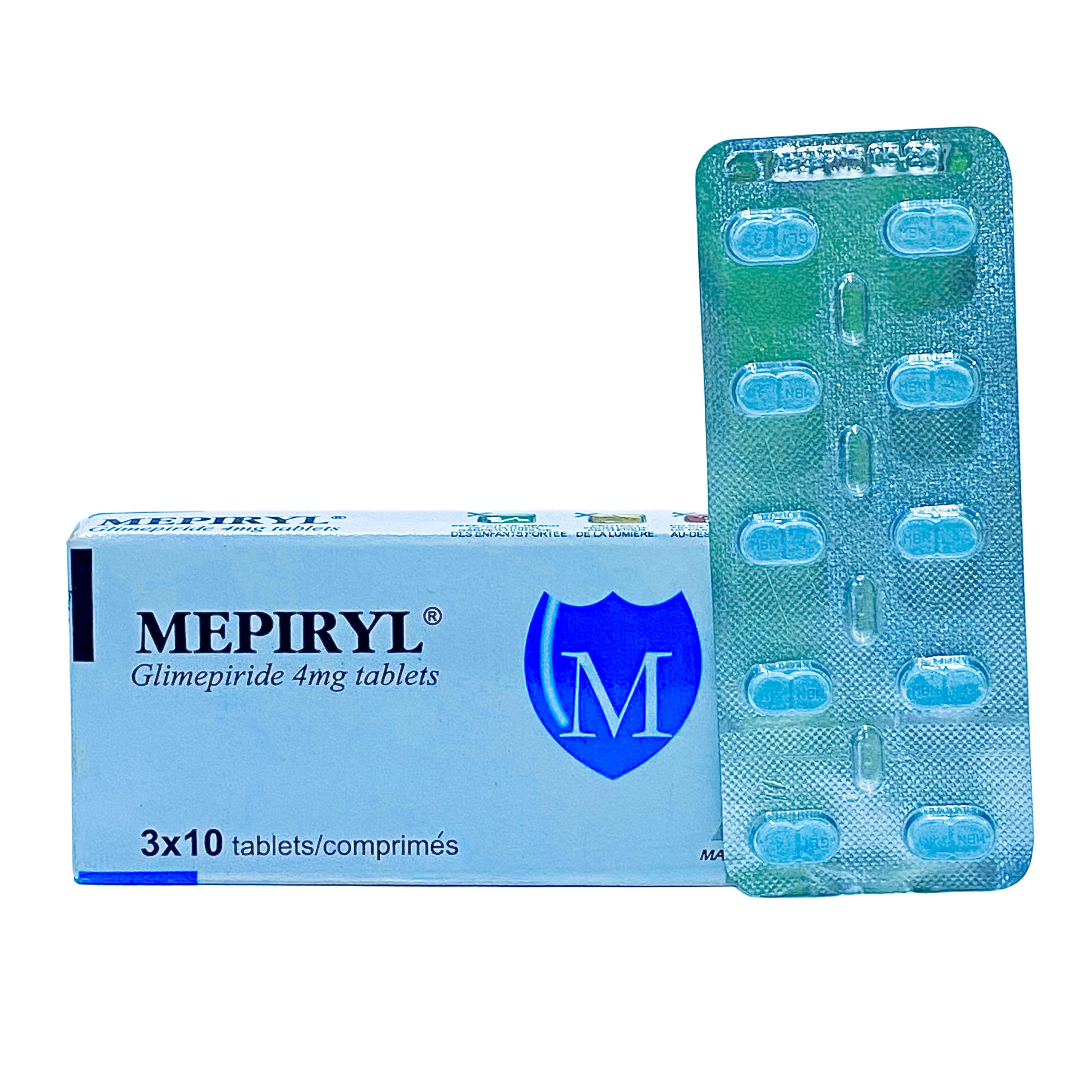


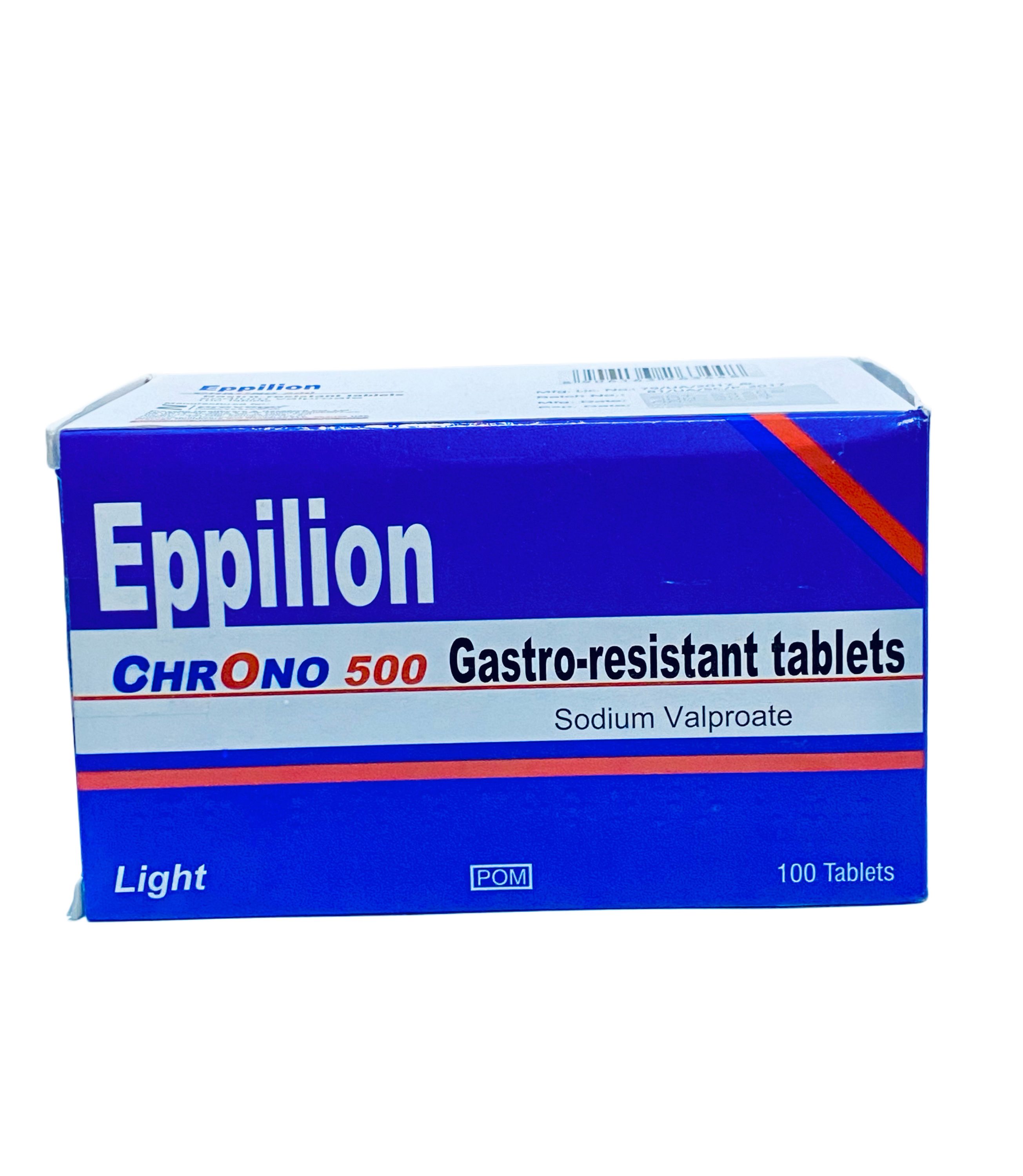
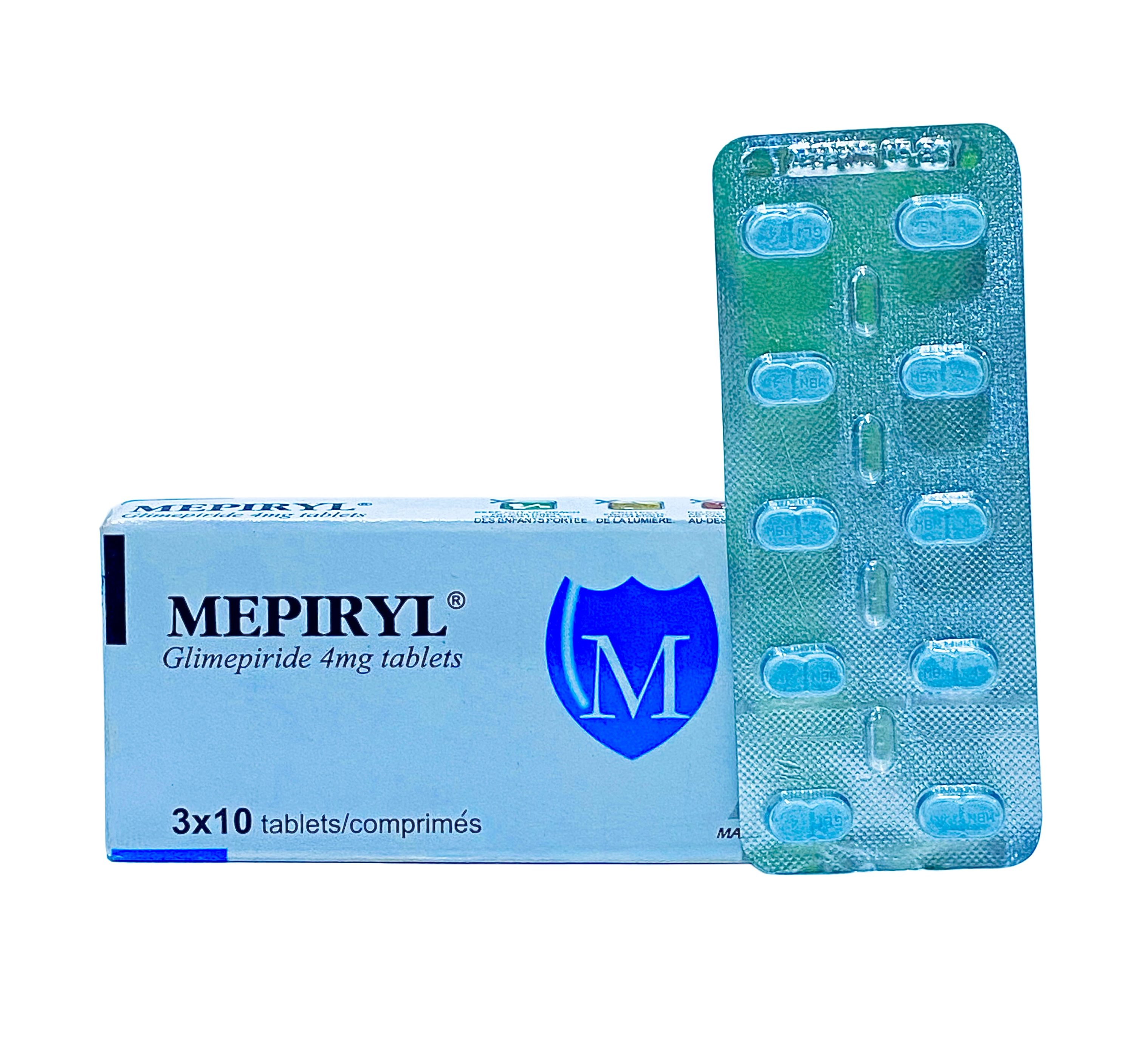
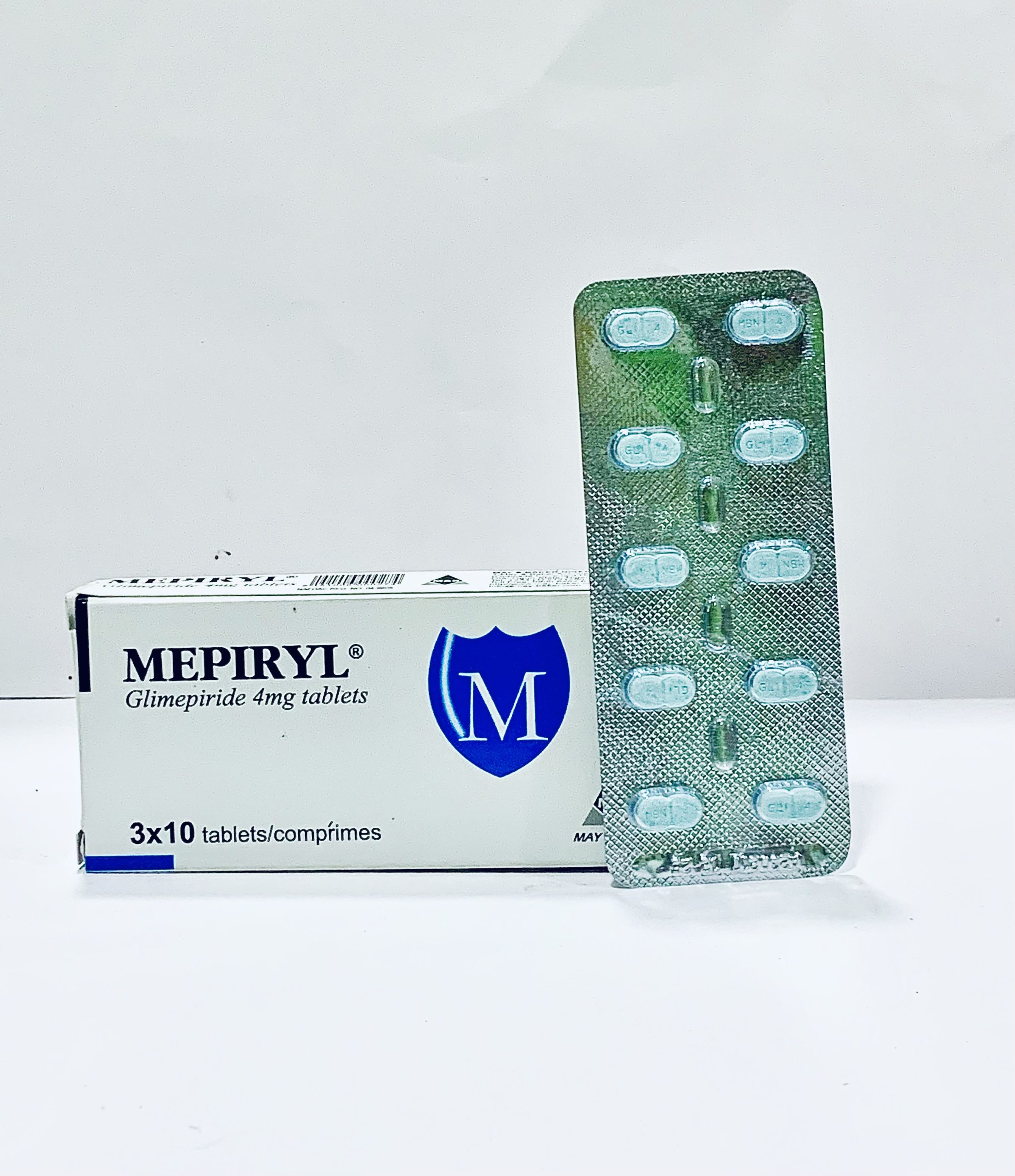
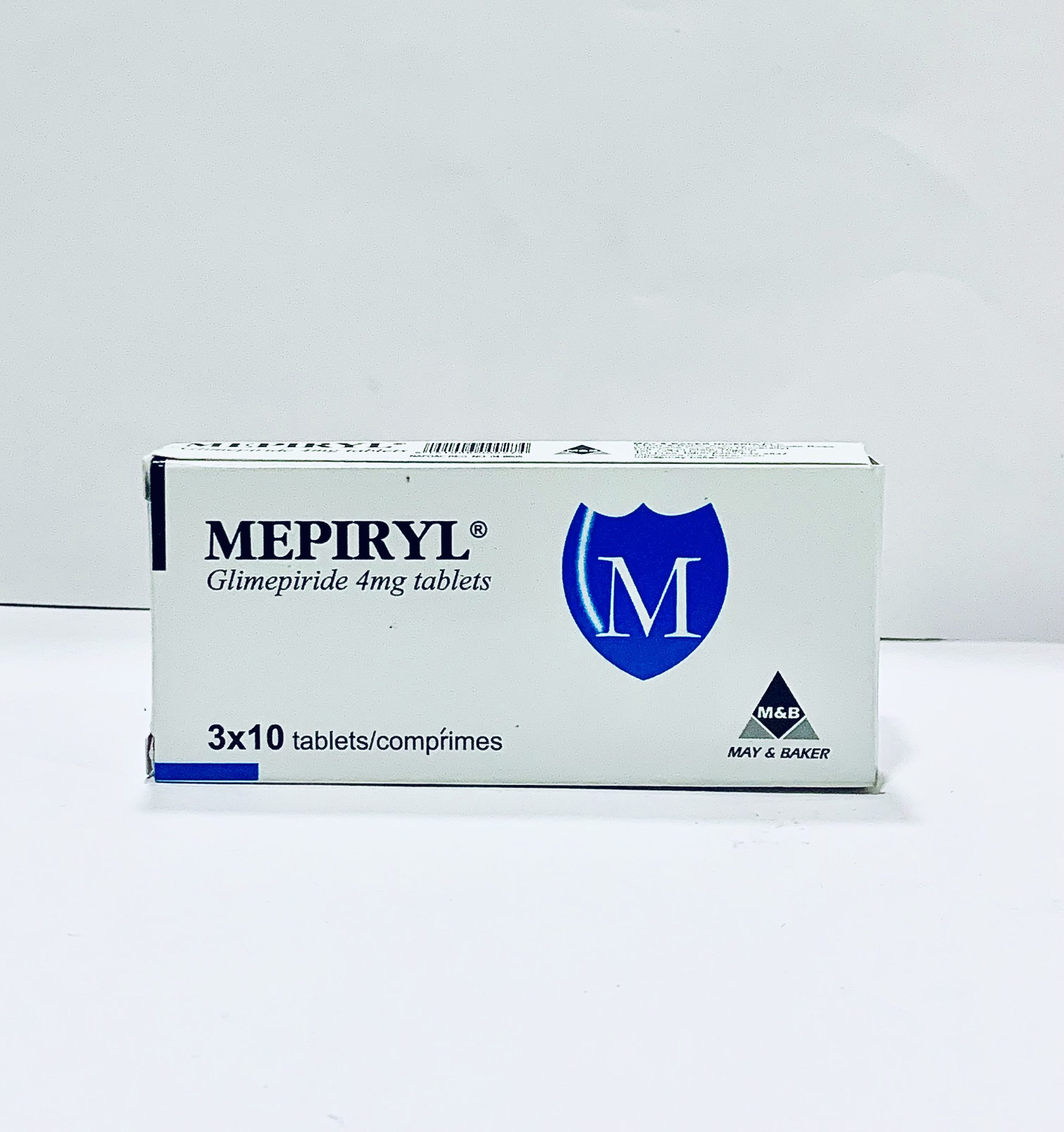
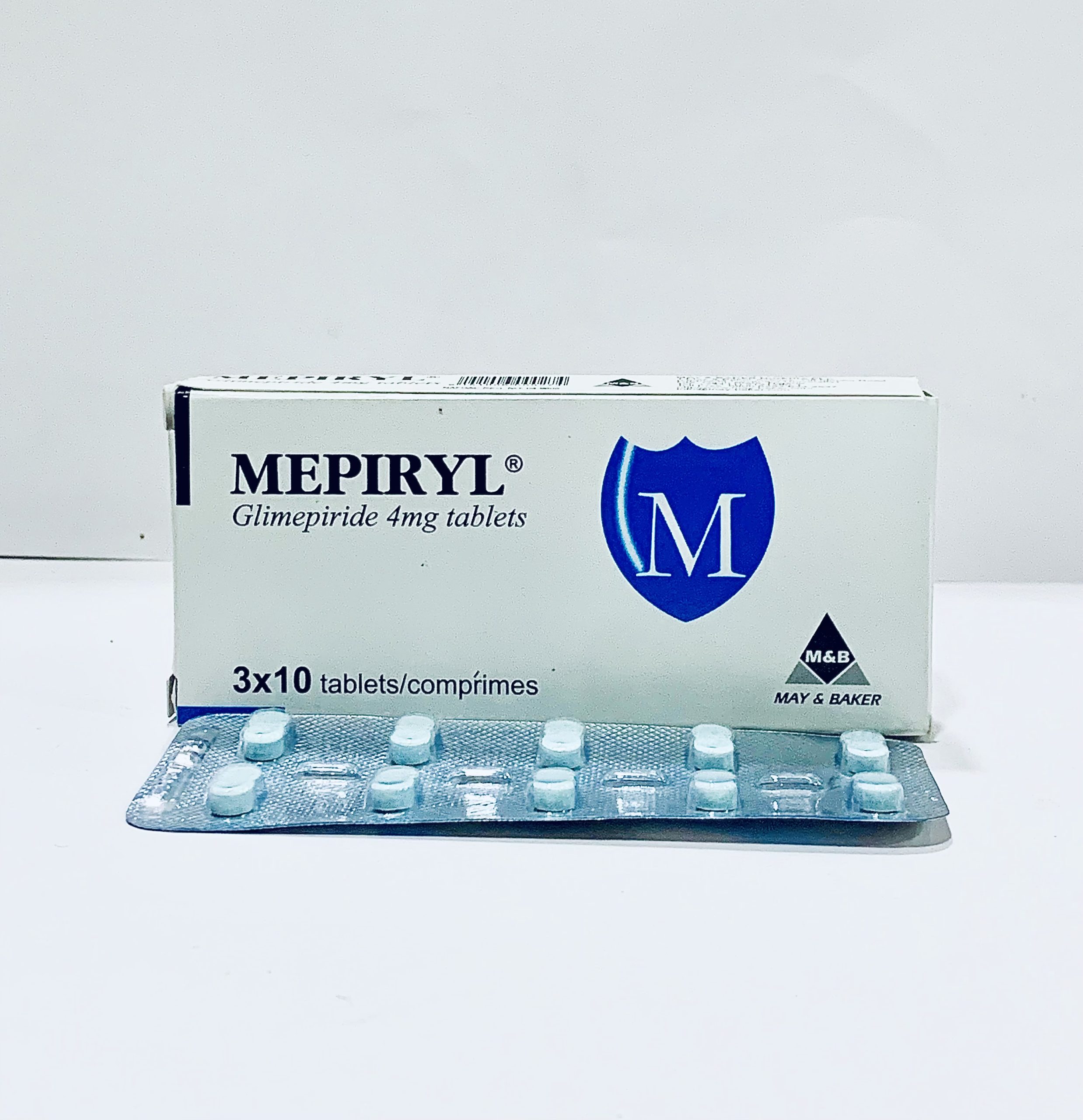
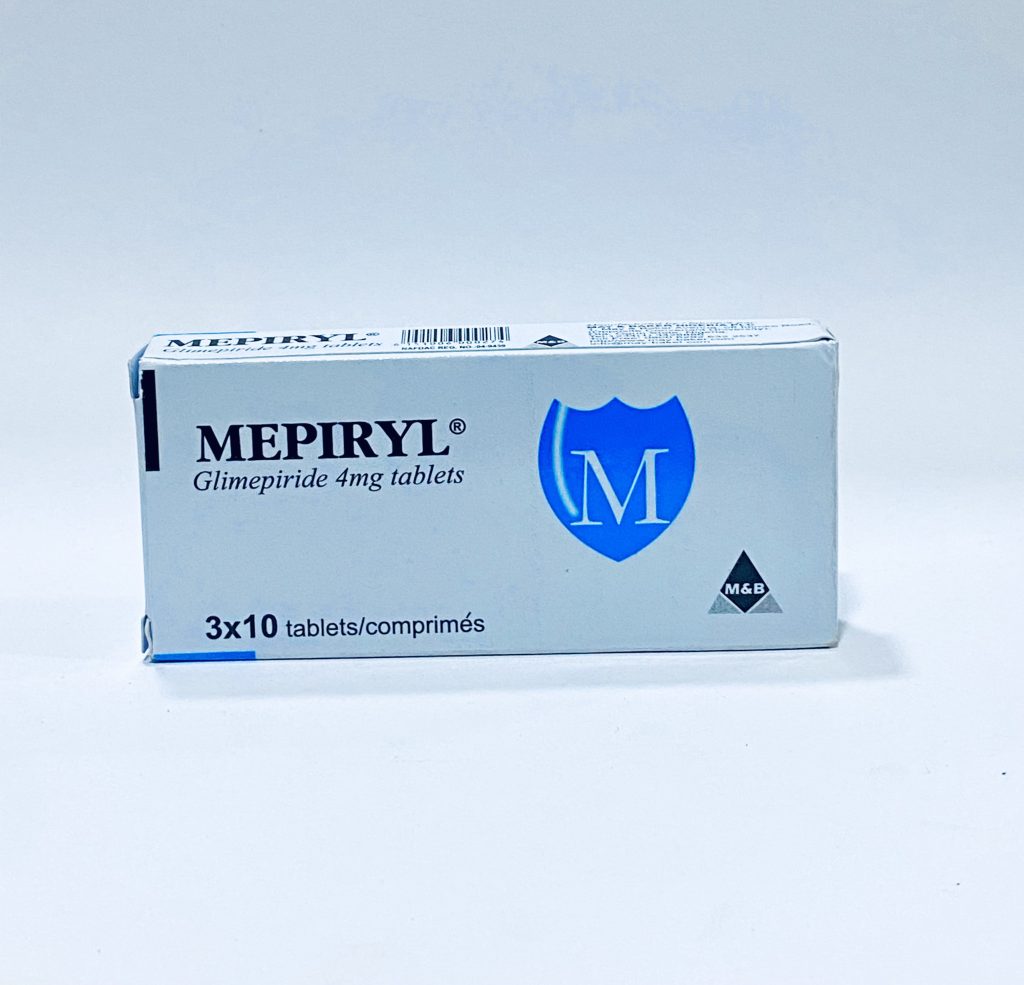

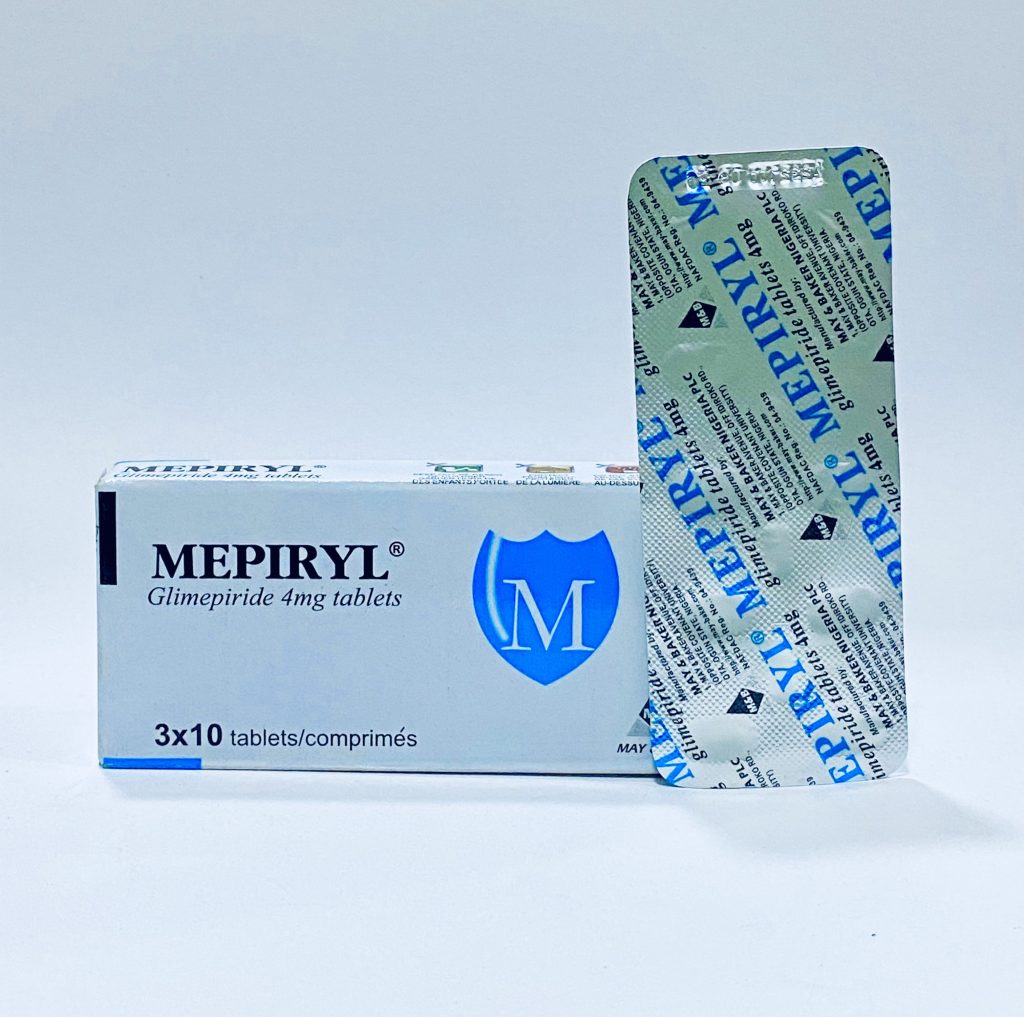
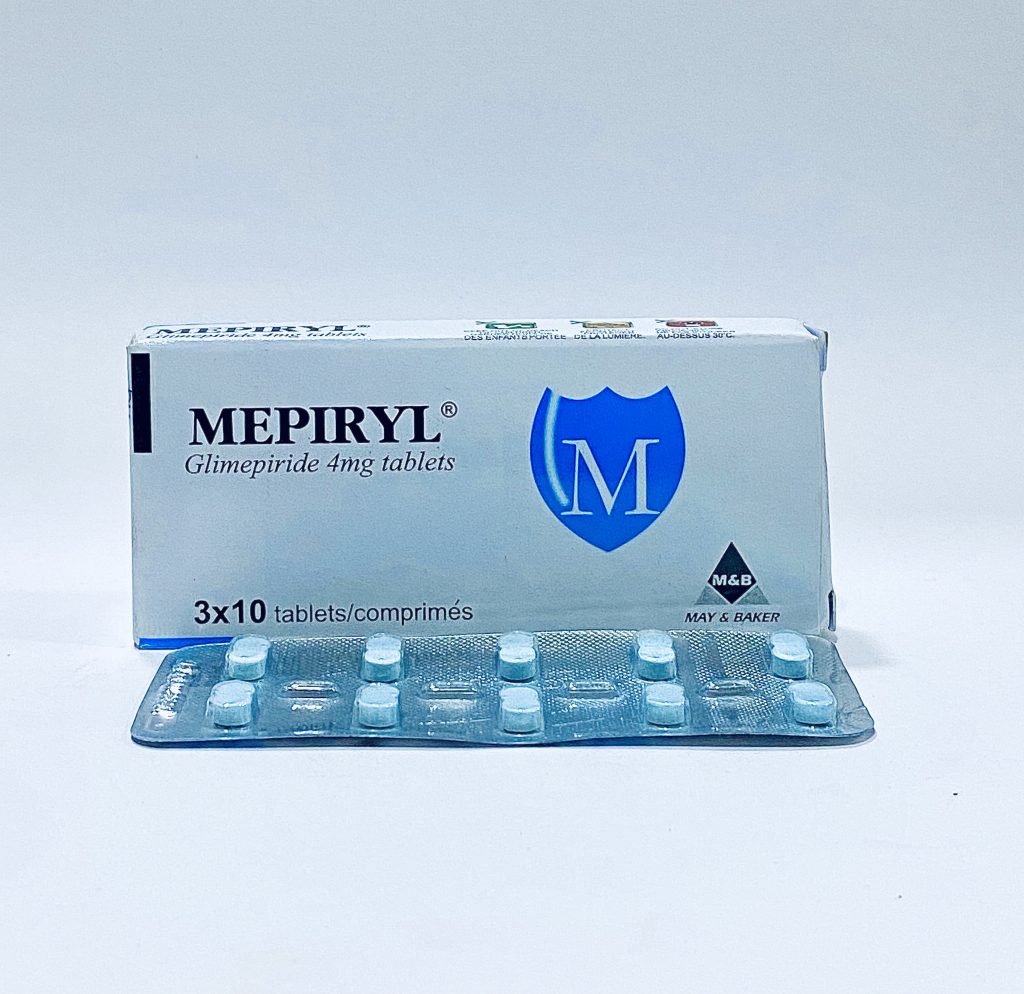

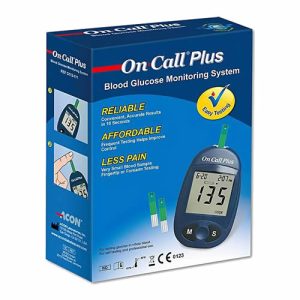

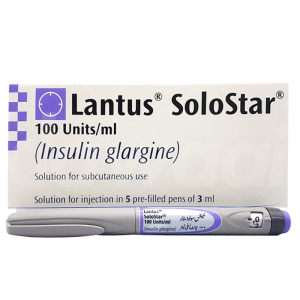

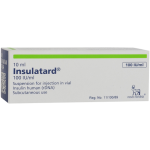
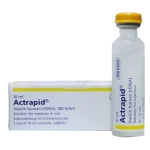
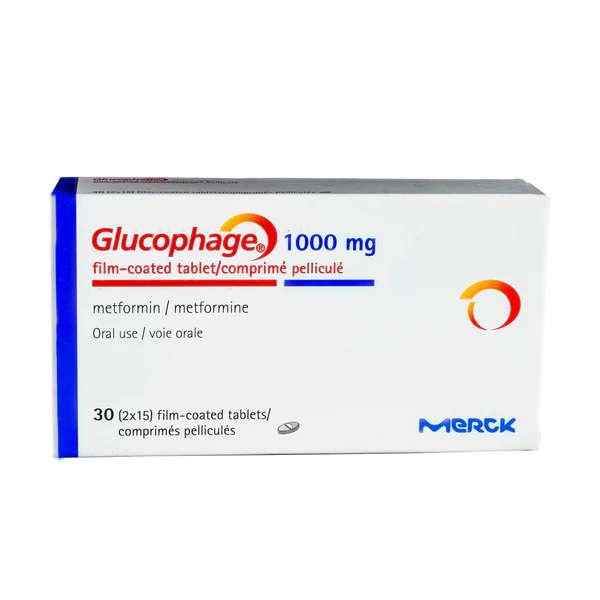
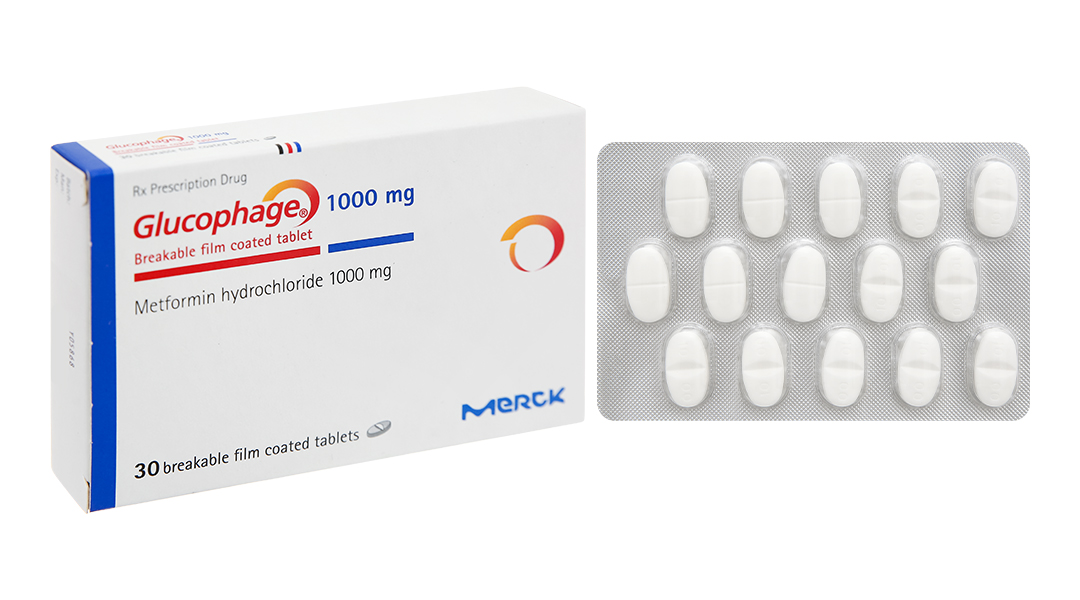

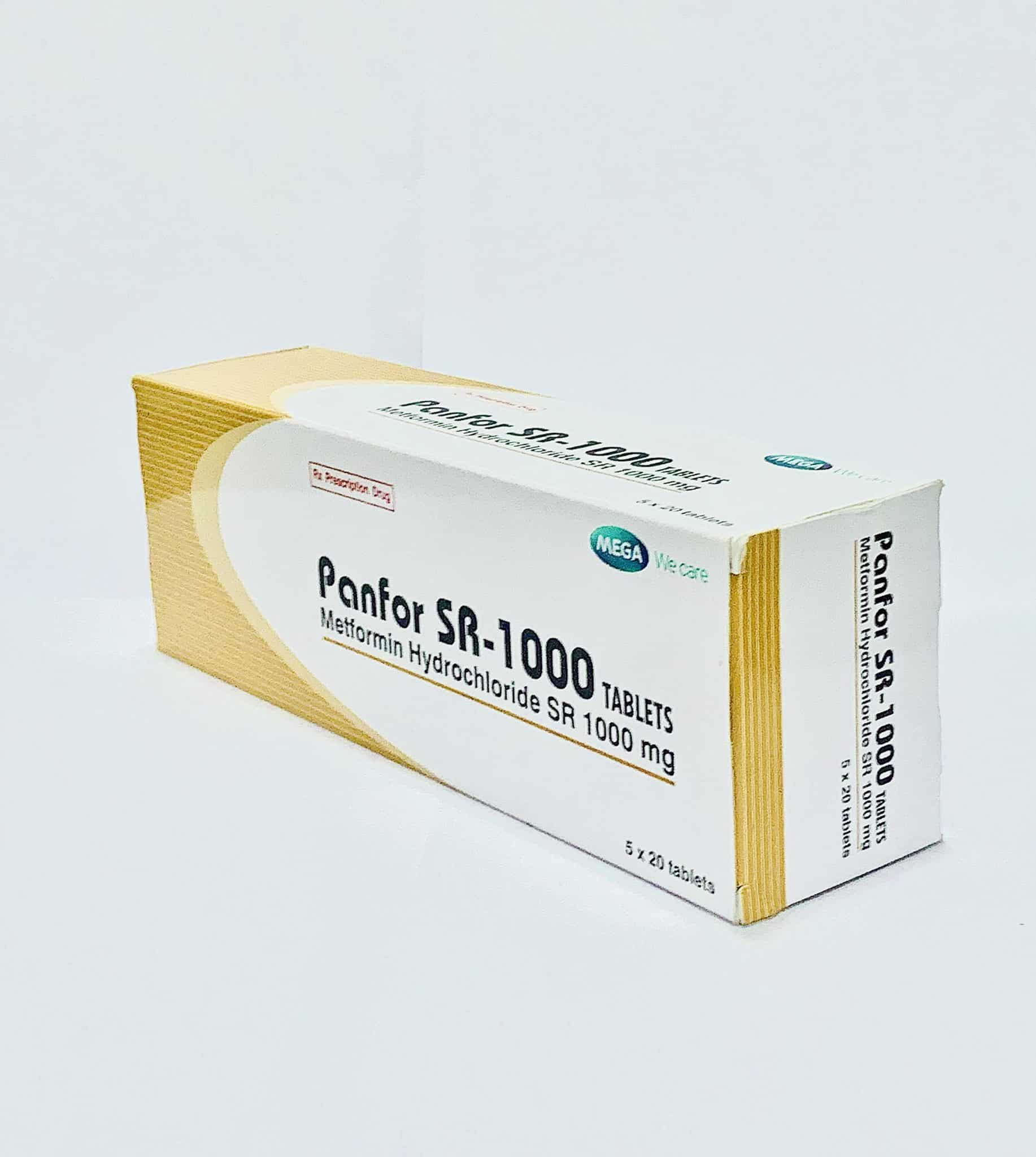
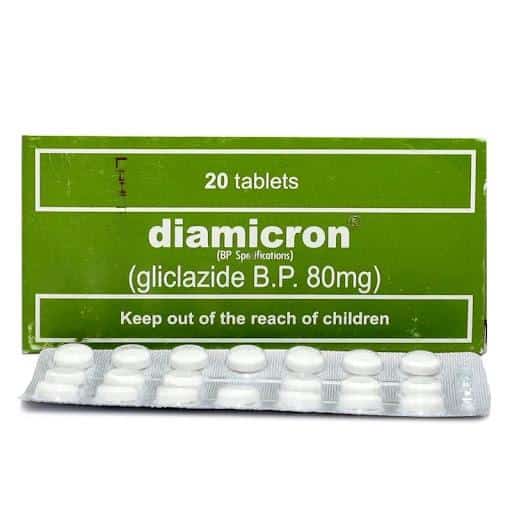

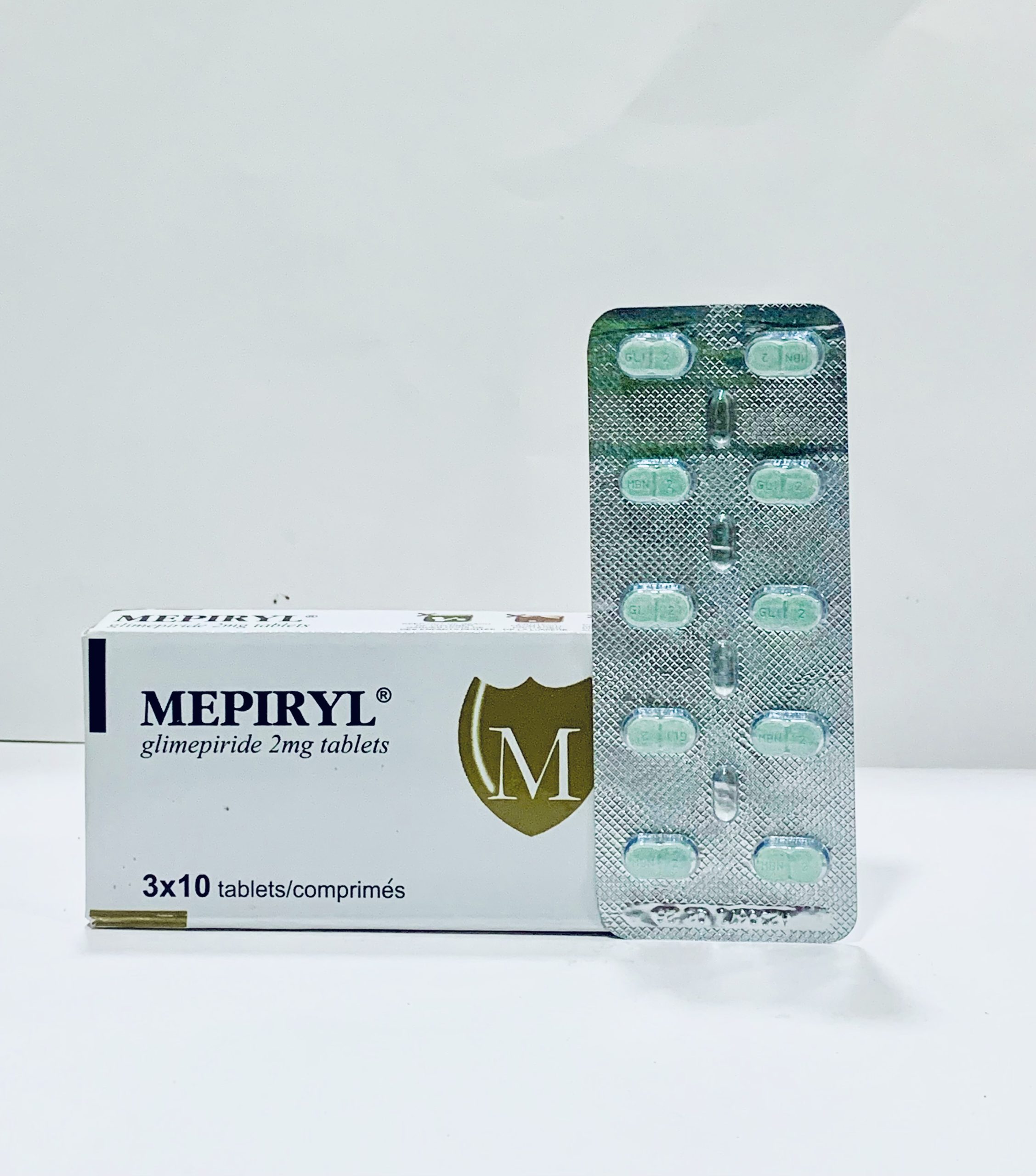
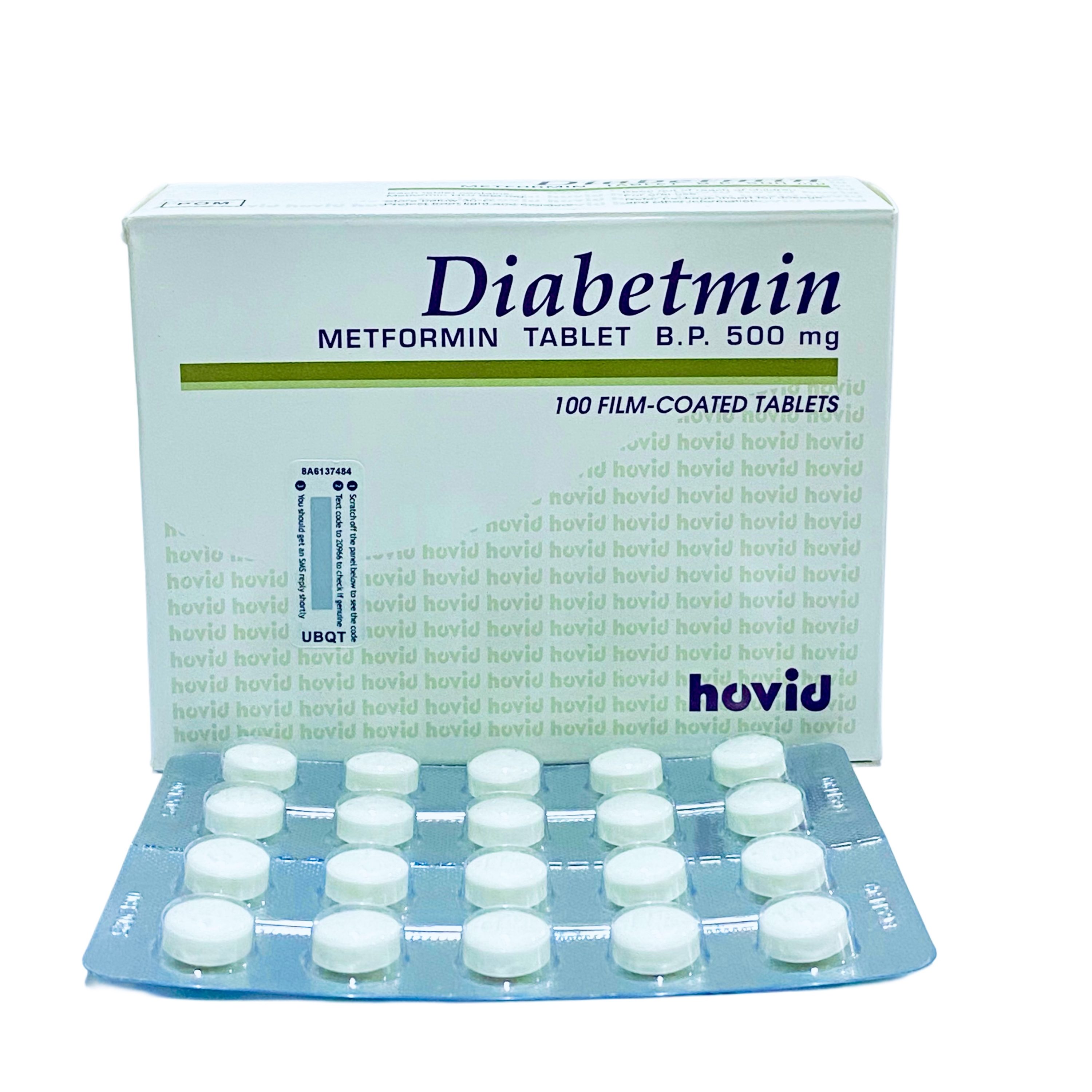
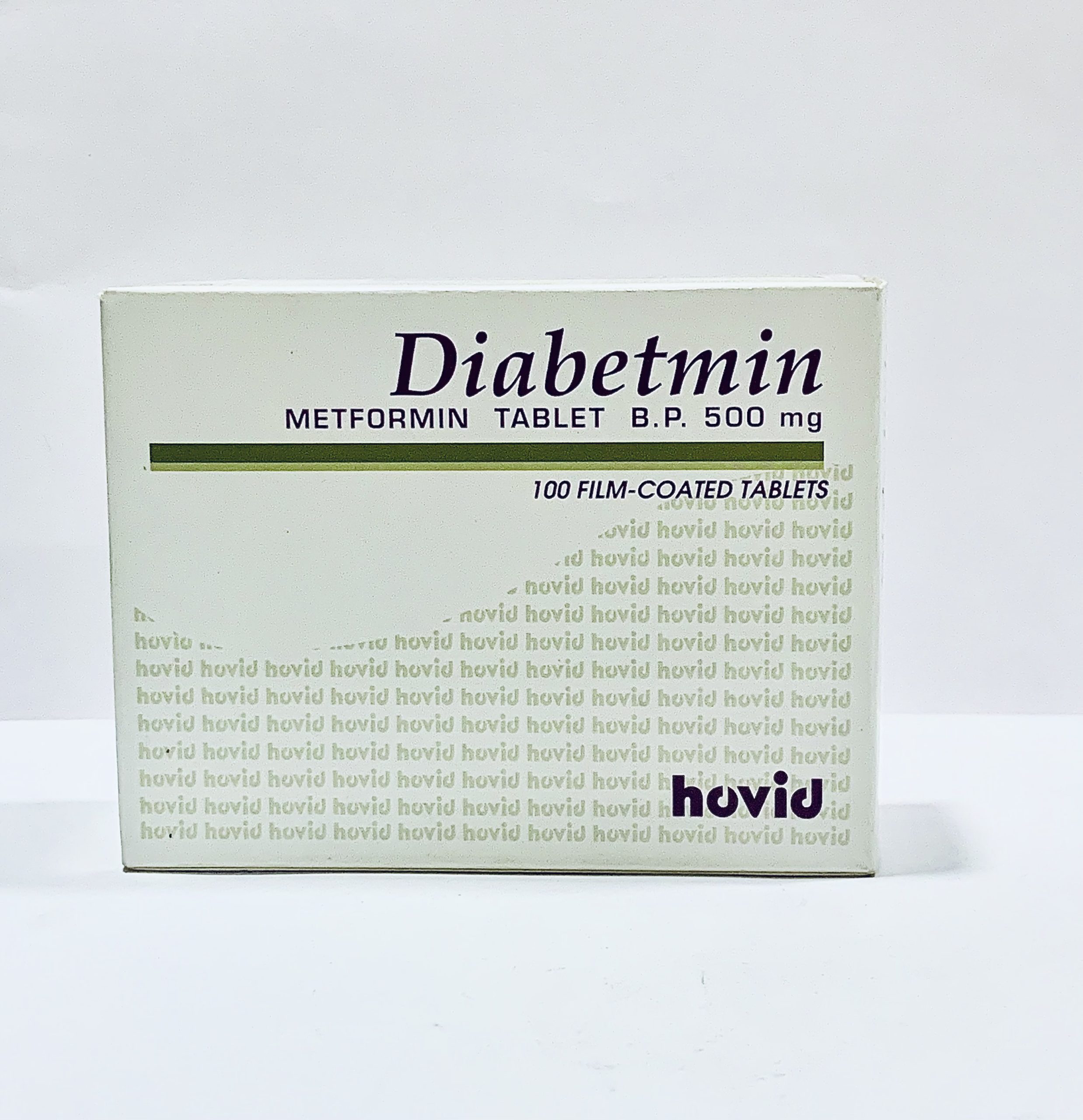
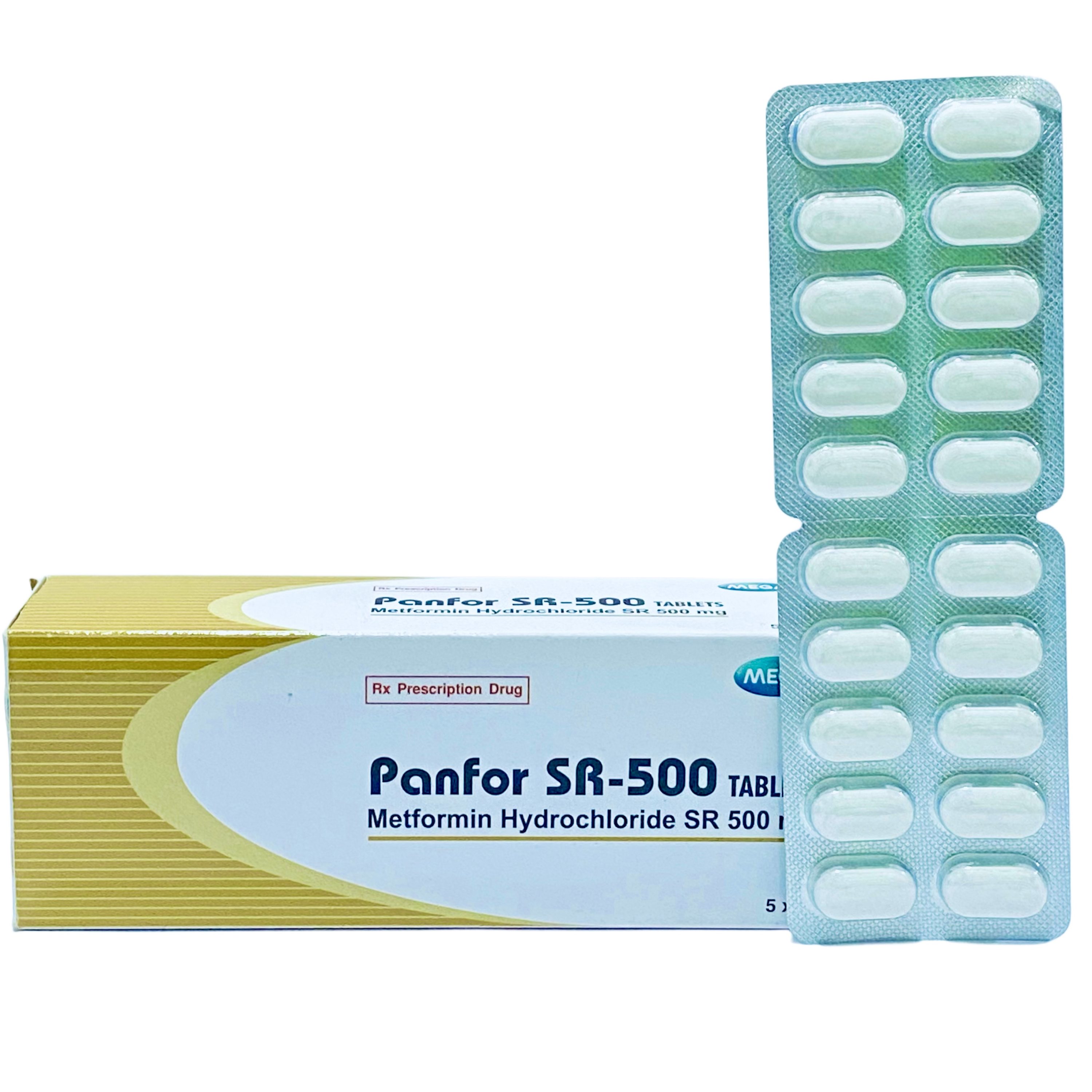

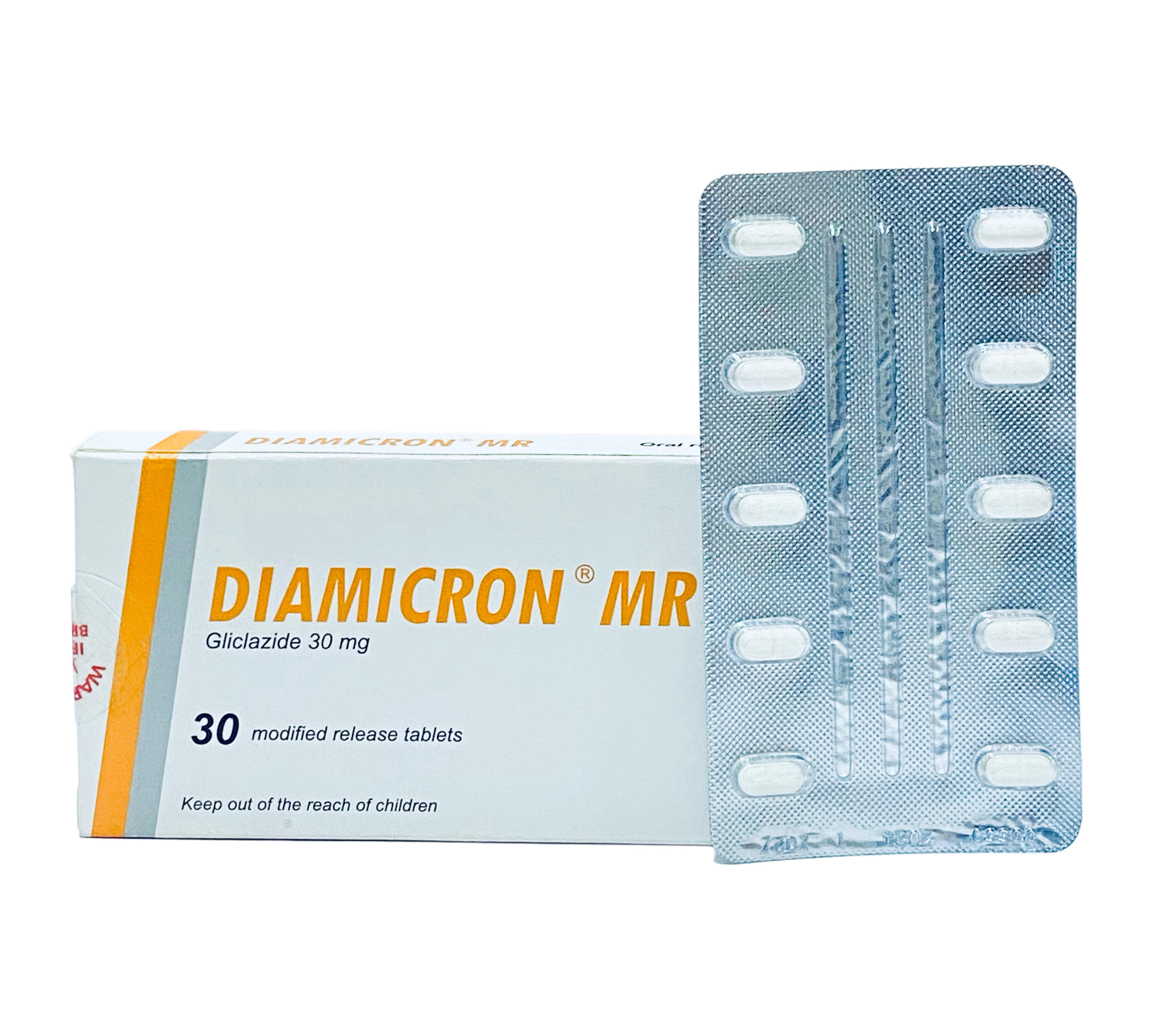
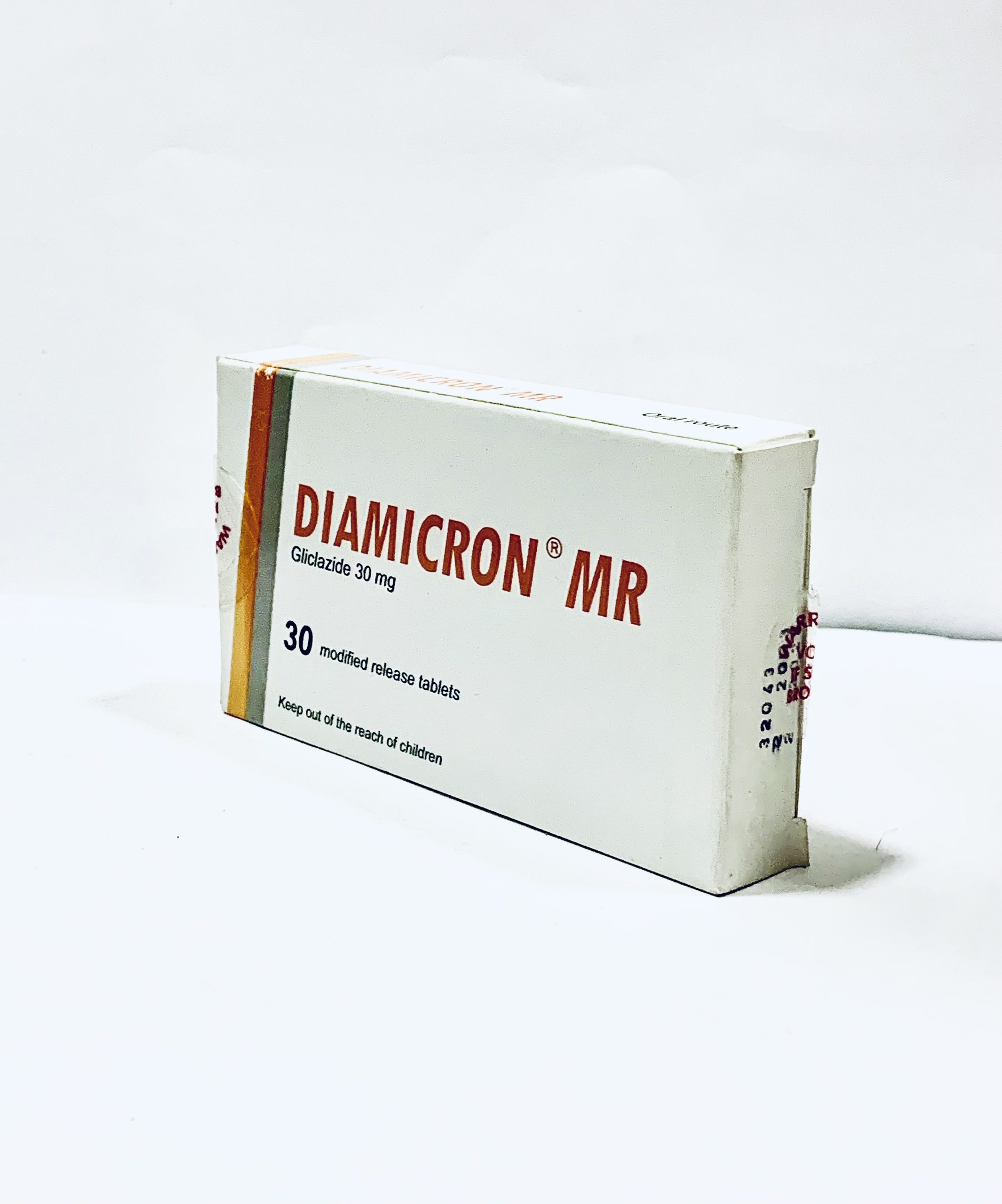
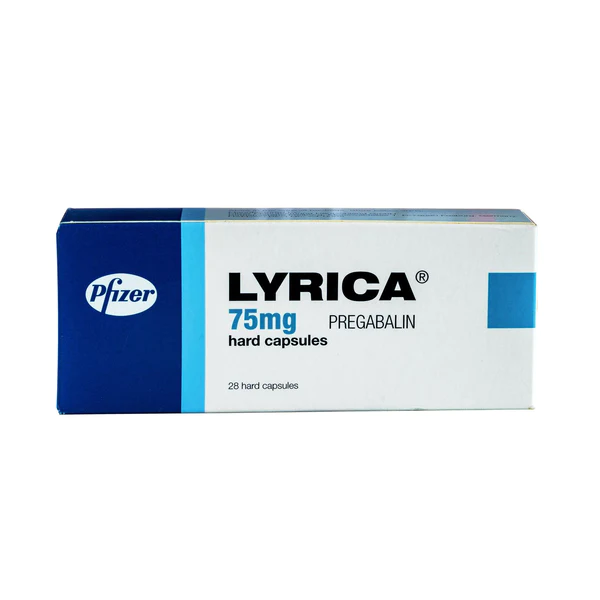
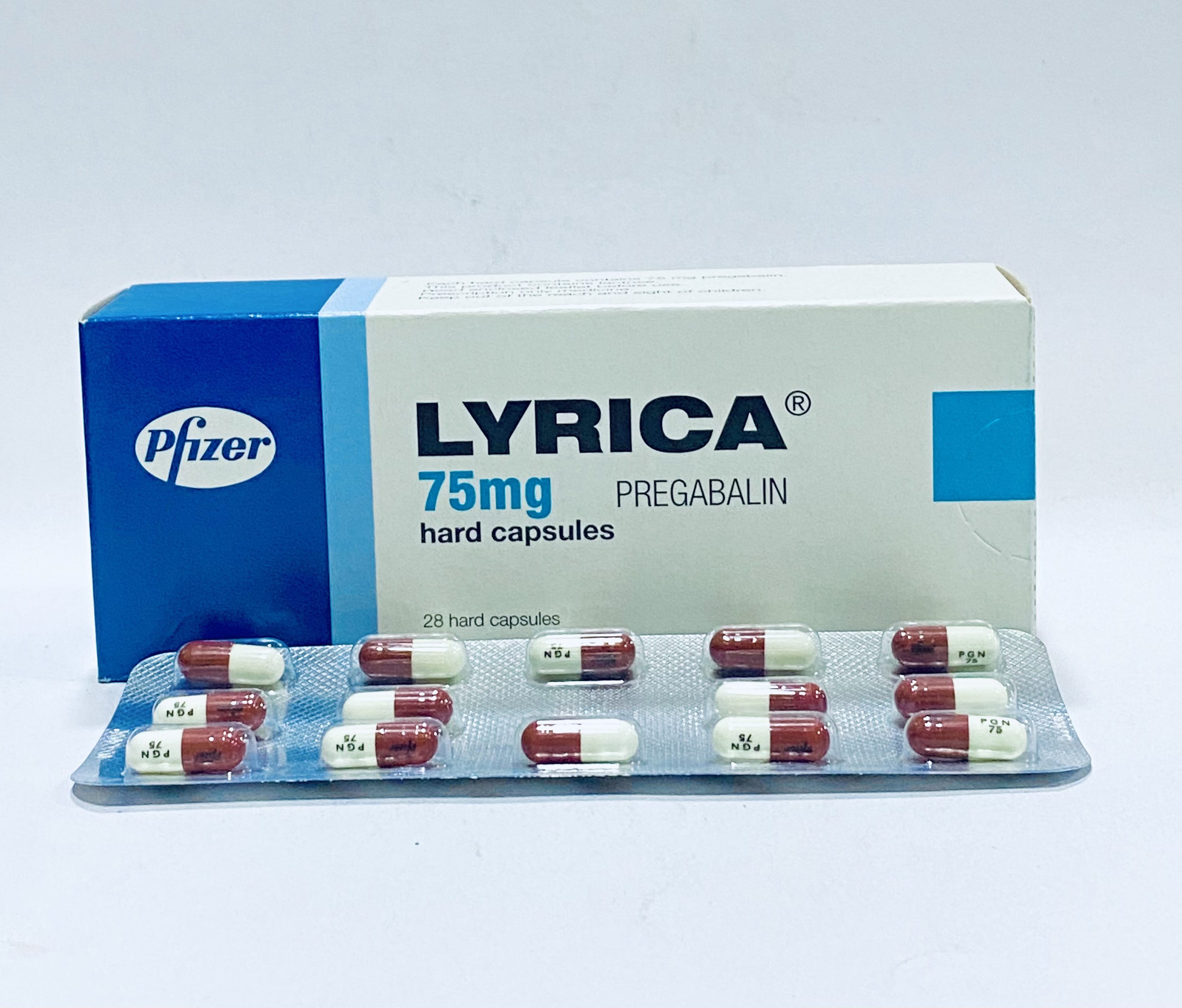
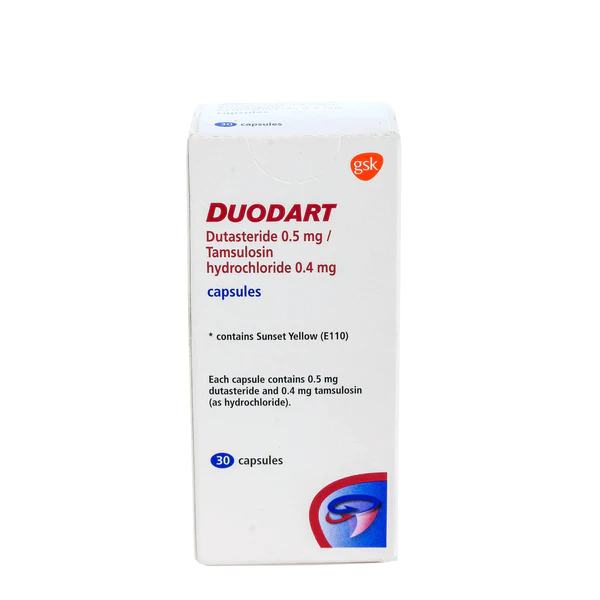




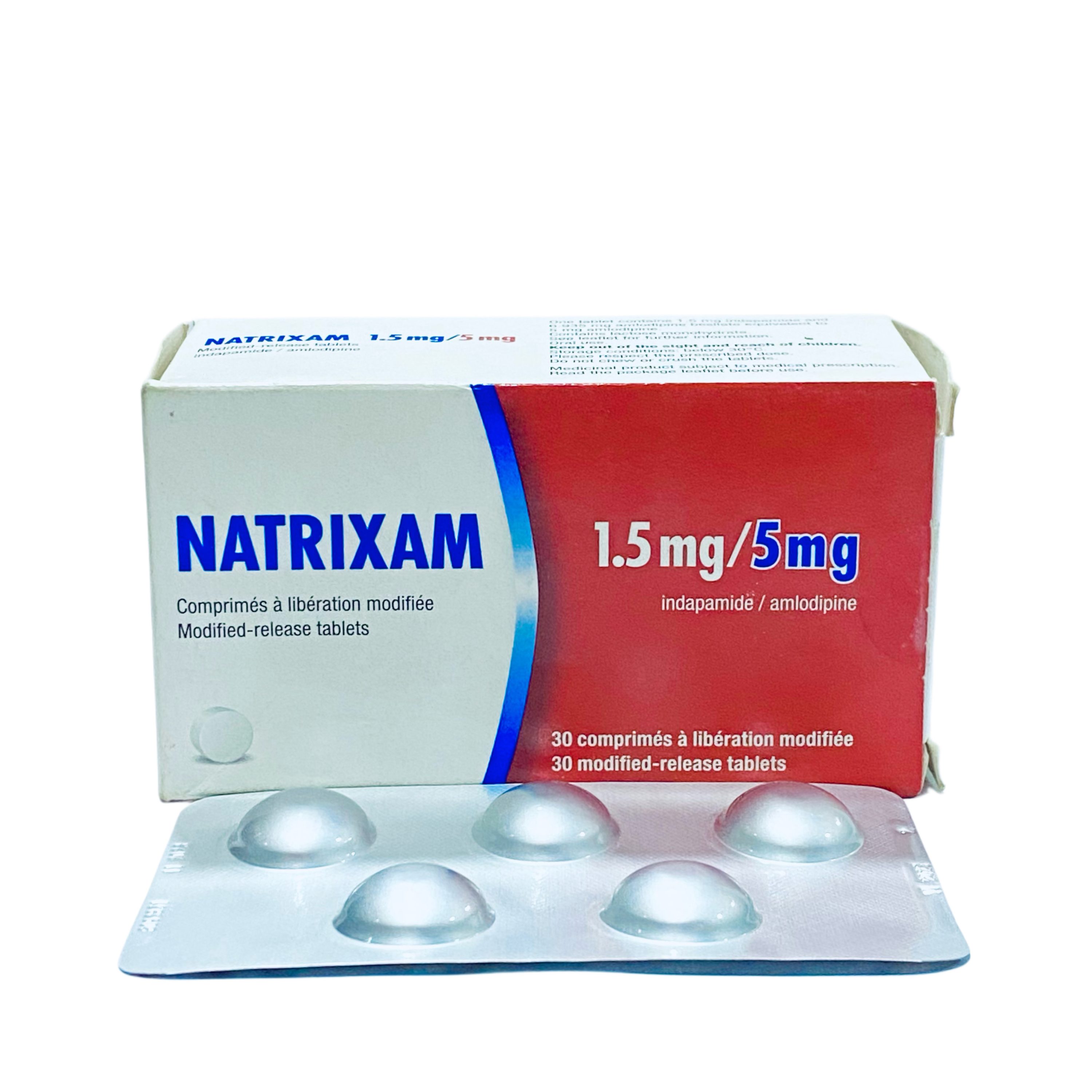
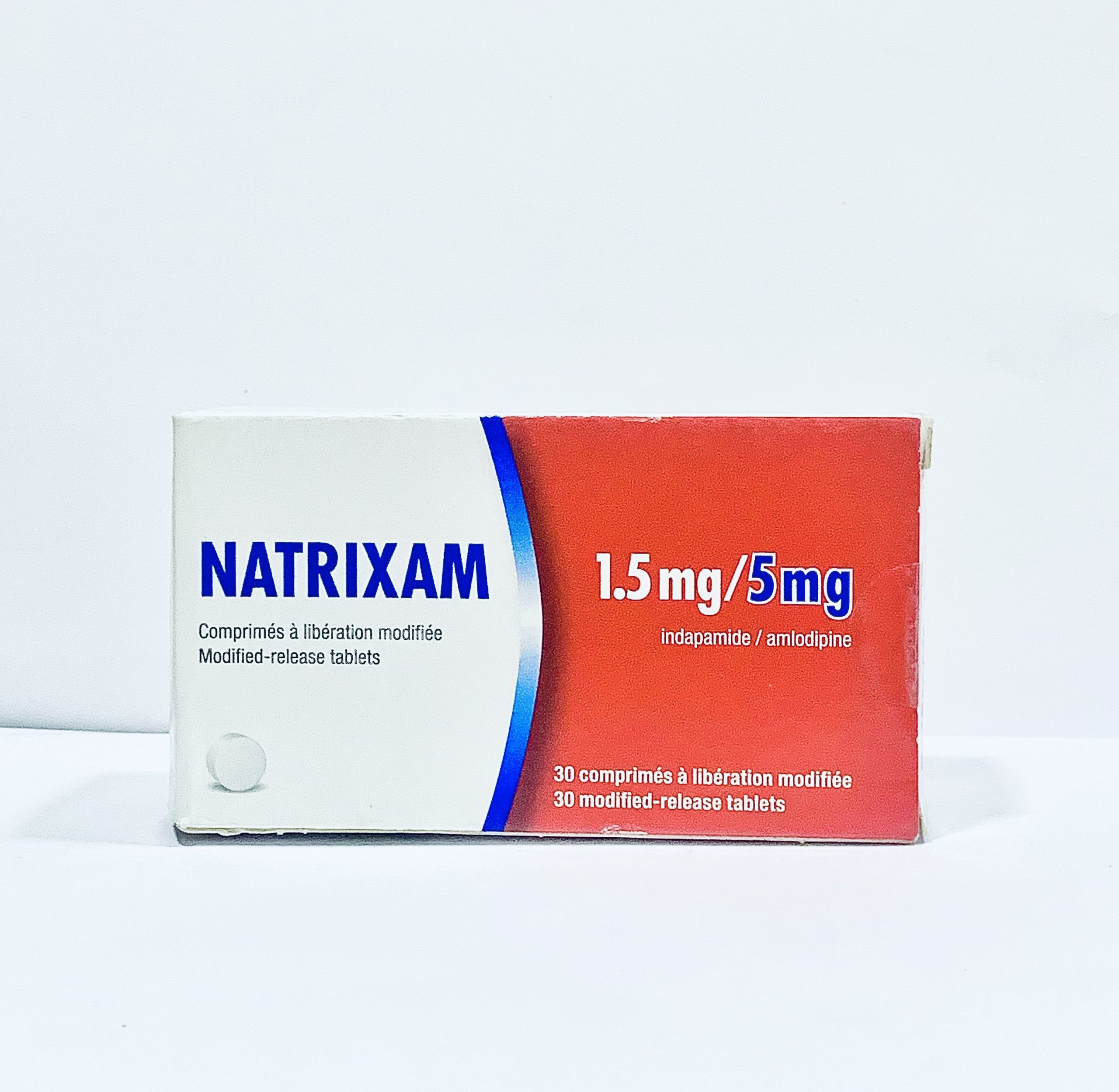
Reviews
There are no reviews yet.